The Livestock Industry Foundation for Africa carried out a case study on some poultry farms in an effort to find possible solutions to the precarious poultry feed situation in Nigeria. Maize scarcity has been a concurrent situation that has been threatening the poultry industry over the years and this has been attributed to climate change effects and its aftermaths and this includes; flooding, inadequate rainfall, pest invasion, etc. Moreso, unfavourable government policy and insecurity situation of Nigeria were factors contributing to the challenges facing the industry.
The poultry industry of Nigeria has always depended on maize as its main source of nourishment for poultry birds. The worst shortage of maize production was experienced this year due to the pandemic outbreak and insecurity challenges facing the country. Based on a LIFA investigation made on some poultry farms, if the poultry industry continues to experience an upward trend in maize scarcity, then many poultry farms will be forced to close down.
According to a statistics report, 70% of poultry farmers in Nigeria have run out of their business. However, in order to avoid poultry farms from collapsing, then poultry farmers must look out for an alternative as a substitute to grains feed. In the olden days, many alternative raw materials were used to substitute maize in a critical period like this. But most of the raw materials are not currently available compared to the olden days.
The very much available raw material used by some poultry farmers to substitute grains in most periods of maize scarcity a few years back is cassava peels, but cannot change maize completely. However, it can be used as a substitute to maize in poultry feeds while other livestock such as; pigs, sheep and cattle production can use cassava peels as a complete alternative with grains.
For poultry farms with less than 2000 poultry birds can make use of heat processed cassava peels as an argument for maize in feed production for their birds. The heat processed cassava peels is a partial replacement of maize which could vary from 10% to 20% inclusion in this case study as described below;
- 100kg/ton or 10% inclusion for Layer ration
- 150kg/ton or 15% inclusion for Growers
- 200kg/ton or 20% inclusion for Broilers
The farmer did not recommend the inclusion of cassava pellets in breeder stock.
The heat processed cassava peels will have a little addition of palm oil to increase the energy level, then balance it with protein. This is applicable and recommended for small scale farmers (Poultry birds less than 2000).
The heat processed cassava peels with the recommended quantity are safe. The cost benefit of these inclusion showed reasonable justification and bird livability and survival pending the time the crisis could be resolved. At times, the best feeds may not be the best for profitability.
In using the alternative feeding meals, you have to consider the following; cost effect of the feed, how do I save my birds from dying of hunger?, how do I manage the available maize to last? These are some questions poultry farmers need to ask themselves. For example, if you use 500kg/ton to feed your birds, in critical periods like this you can assume to use 150kg/ton of maize and balance it with the heat processed cassava peels with addition of little palm oil. This can continue till you have enough grains to feed the birds. This all depends on the situation you find yourself at a particular time. It may be sustainability of the industry or for cost effectiveness.
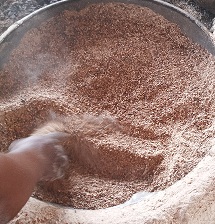
An icon in Nigeria poultry industry does say; “To become a successful livestock farmer, you have to discover yourself”. Many poultry farmers are not ready to develop themselves and that’s why many poultry farms are forced to close down. We appreciate everything foreign than locally available materials.
LIFA commends this innovative farmer who has produced this heat processed cassava peels as partial substitution to maize in very large quantities beyond his immediate consumption. It is a byproduct of backyard integration by this farmer who had eternalized various locally grown plants to sustain diet and health of his large population.

The LIFA team also found some experimental flocks in this project that were maintained on inclusion of heat processed cassava peels by the farmer recommendation with optimal production. One unique weed was identified being used in this farm as a partial substitute to soybean with a protein proximate analysis of 18%.
The president of LIFA recalled a previous experiment conducted in synergy between NIHORT Ibadan and Animal Science Department of the University of Ibadan on a variety of vegetable called green Amaranth with long height and a pendulum seed that was found suitable to partially replace maize with 18% protein.
The initiative was developed by Dr Mrs Oreoluwa Taylor and Professor Mrs Longe of the university of Ibadan years back. Innovative farmers as reported in this case study must be sought out as practical outgrow research stations by our various universities of which LIFA will be ready to bridge the link between the Gowns and the Towns for the benefit of the livestock industry.
For more information on heat processed cassava peels, contact the following number:
08060722433
Or
08077652689
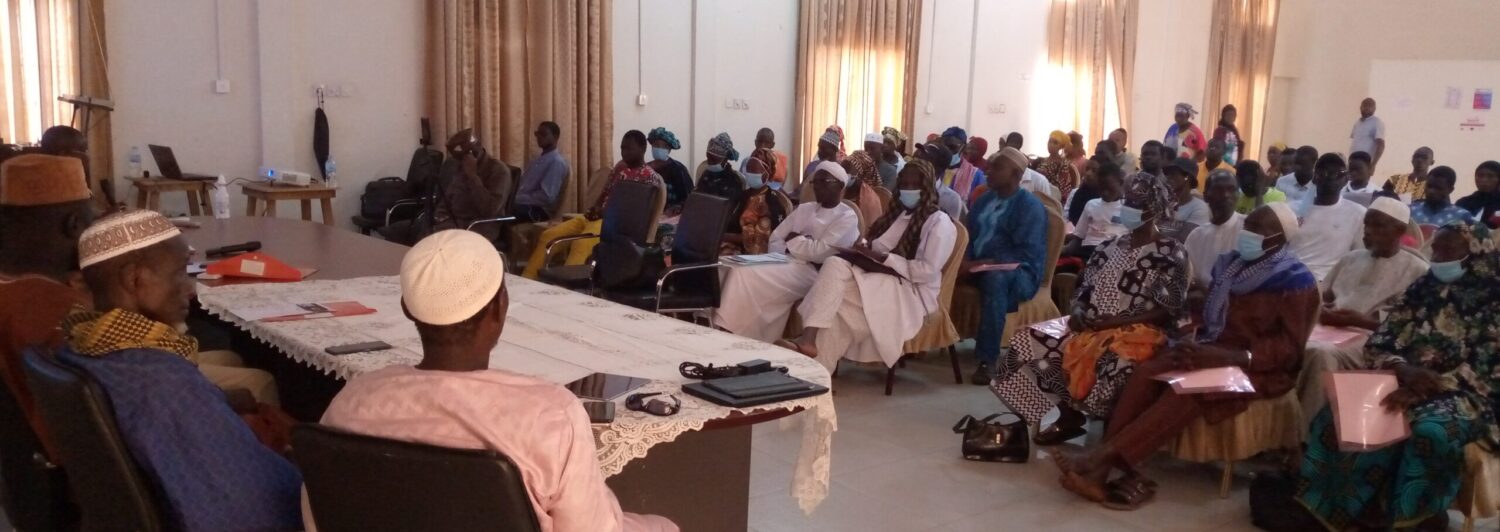
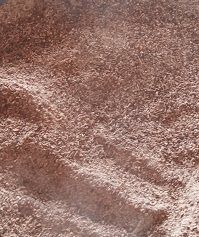

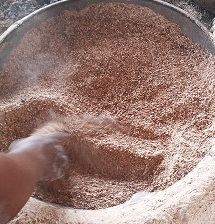
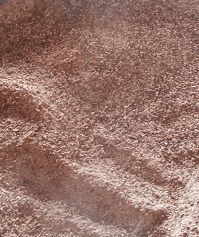
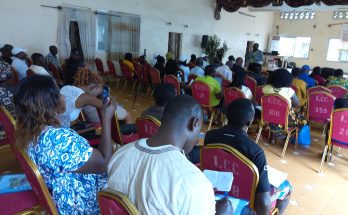
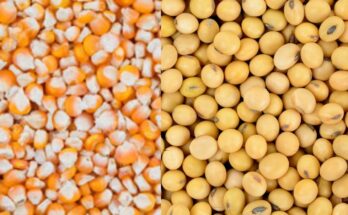
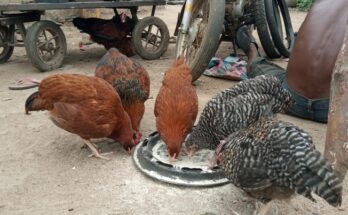
Many thanks for your love and and contributions to the livestock industry especially poultry. More of God’s grace and strength sir.
Thank you Akinboyo and merry Christmas and New year in advance